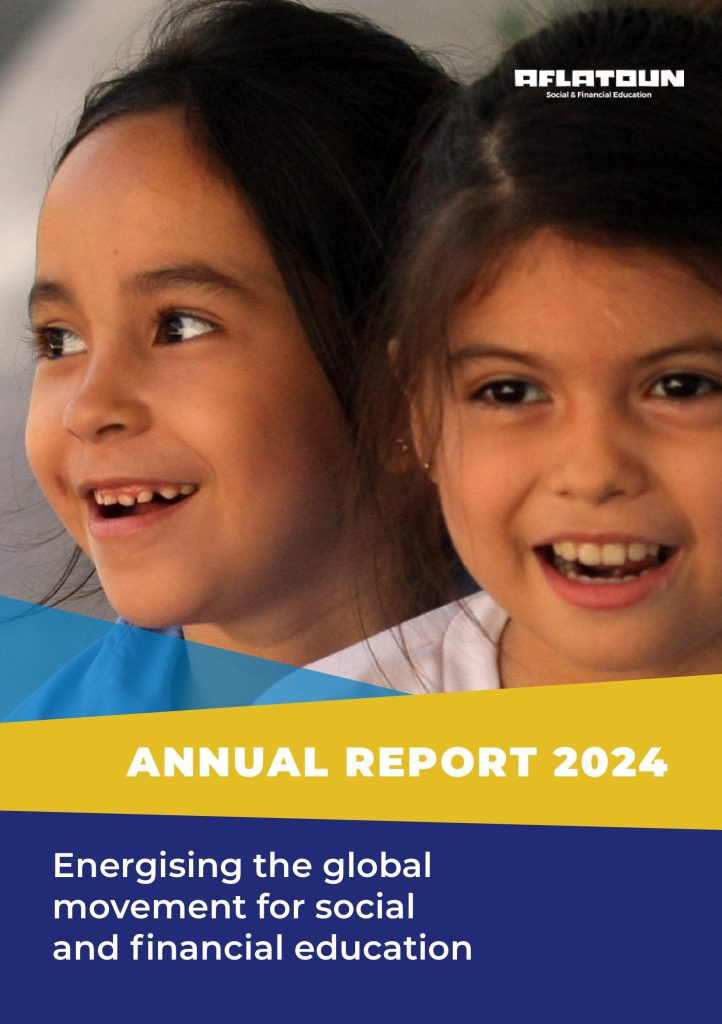The Center for Human Rights and Conflict Resolution is an NGO from the Republic of Macedonia that was established with the mission to help citizens of the Republic of Macedonia take an active role in resolving conflicts rooted in ethnic and other differences and promote the concept of human rights and basic freedom as essential part of political, juridical and social transformation that is going on in the country.
CHRCR’s activities are based on two assumptions. The first one recognises that education is a powerful tool that can be used for building bridges or misused for building walls between the ethnic communities. The second one perceives education as the only instrument that can provide systemic changes in people’s attitudes towards cultural/ethnic differences.
That is the reason why CHRCR has chosen to work mostly in the field of education, focusing its efforts on developing educational programmes for children from preschool to university level, training educators to implement them and writing manuals to support the implementation.
Aflatoun Programme
CHRCR has been a local partner in Macedonia from the very early stages of the Aflatoun global network and has had a substantial role in developing its Social and Financial Education (SFE) materials, which provides guidance to countries on how to advocate for, promote and implementSFE.
Together with the Macedonian Ministry of Education and supported by the UNICEF office in Skopje, CHRCR has developed a new Life Skills curriculum for primary and secondary schools in Macedonia. This curriculum is based on the Aflatoun curriculum. After a few years of implementing the Life Skills curriculum, Macedonia’s Bureau of Education (BDE?) in collaboration with the Centre for Human Rights and Conflict Resolution’s and other stakeholders, found out that there is need for more materials for financial education and piloted projects in order to integrate financial literacy content into the national school curricula.
An account of this experience is available here:
During the years, CHRCR experts assisted BDE advisors in developing the national curriculum for life skills education, prepared manuals, for three age cycles (published by BDE), with workshops based on experiential learning through interactive and innovative teaching methodology. Together with the BDE advisors, CHRCR experts trained mentor-teachers for implementing life skills education in their schools.
Status of Life Skills Education
- Currently Life Skills Education programme reaches almost 200.000 primary school students and over 90.000 secondary schools students;
- Life Skills Education is a separate and mandatory subject taken on during the homeroom class time;
- Life Skills Education completely covers the Social component of the SFE programme;
- The Financial component had been introduced (piloted) as a new section in 2015 by the BDE in cooperation with CHRCR team;
- Extra-curricular (practical) activities of savings and enterprise projects are not conducted yet, however, there are instances when similar activities are already conducted and can be a jump-off point for these activities.












